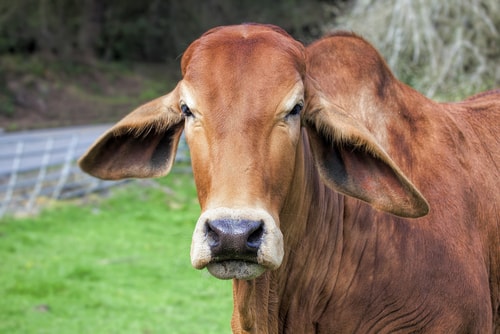New regions designated under Livestock Tax Deferral Provision
By Diego Flammini
Assistant Editor, North American Content
Farms.com
As a result of dry conditions that hampered livestock producers in Western Canada, the Ministry of Agriculture announced additional regions where tax deferrals have been authorized for 2015.
Livestock tax deferrals allow for farmers to defer some of their 2015 sales proceeds of breeding livestock until the next year. The cost of replacing the animals in the next year can offset the deferred income, helping to reduce the taxes associated with the original sale.
Minister of Agriculture Lawrence MacAulay said the tax deferrals can help farmers increase their herd.

"Extreme weather created difficulties for Western Canada’s livestock industry last summer,” he said in a Feb. 2nd press release. “Tax deferrals can help producers reduce their losses and focus on rebuilding their herds for the coming year."
The full list of designated regions can be found by visiting Agriculture and Agri-Food Canada.
Between Apr. 1 and Jul. 21, 2015, approximately 60 per cent of agricultural lands in the Prairies received below normal levels of rain, affecting forage production.
As a result, approximately 27,000 farms and more than 5.8 million cattle were affected.